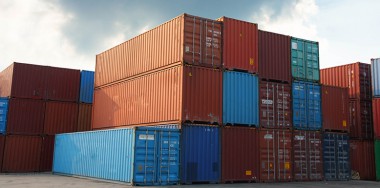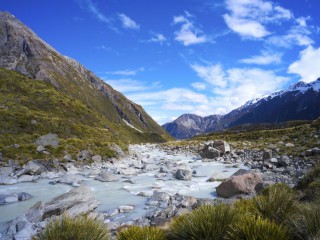
Bio-security is vitally important to New Zealand as it is more reliant on agriculture and our natural environment than any other developed country. New Zealand’s indigenous flora and fauna are precious to New Zealanders and tourists alike. New Zealand has unique native species that are a core part of it’s natural heritage and culture, and it prides itself on enjoying high standards for our agricultural products, lifestyle and wellbeing. Unfortunately the importation of personal effects can create a pathway for the introduction of unwanted pests and diseases. As a result there are very strict bio-security (quarantine) controls put in place and managed by the Ministry for Primary Industries (MPI).
Effective from 1 June 2015 new controls were put in place whereby all incoming shipments (FCL, groupage, LCL and air) must by completely unloaded at a facility approved by MPI for clearance procedures. Any physical inspection of shipments will also take place at that approved facility. This change means that historical practices of delivering FCL, LCL and air shipments direct from port/airport to a clients residence are no long permitted. We are pleased to advise that all five of our warehouse facilities in Auckland, Tauranga, Napier, Wellington and Christchurch are approved by MPI.
All containers (and their contents) arriving to New Zealand from the United States carrying “new and used vehicles and machinery” will require fumigation treatment in accordance with the direction issued by the Ministry for Primary Industries issued on 23 December 2015. This treatment is mandatory and has been put in place to avoid the arrival of the Brown Marmorated Stink Bug.
Vehicle
A conveyance that is used to transport people, objects or substances, including:
- motorised vehicles such as buses, cars, motor cycles, trucks, trains, utility vehicles, vans, motor homes, motorised bicycles, segways, forklifts, forestry and agricultural vehicles (tractors, harvesters, feller bunchers, and skidders), golf carts and mobility scooters;
- non-motorised and/or self-propelled vehicles imported as cargo such as cable cars, trailers, caravans, vessels and aircraft, land yachts; and
- damaged vehicles imported for repair or dismantling.
But excluding:
- non-motorised bicycles imported as general cargo or personal effects; and
- non-road vehicles not requiring registration from New Zealand transport authorities such as skateboards, non-motorised scooters, and wheelchairs.
https://mpi.govt.nz/document-vault/1189
If you have any questions pertaining to these new regulations please feel free to contact us at any time.








